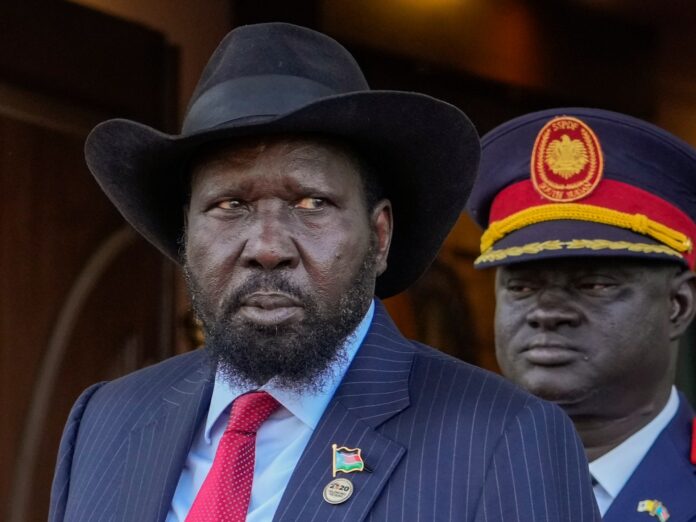Government says it needs more time to complete a census, draft a permanent constitution and register political parties.
South Sudan’s government has announced the postponement of the long-delayed general elections until December 2026, citing lack of preparedness.
This marks the second time the country, which gained independence in 2011, has delayed elections and extended a transitional period that began in February 2020.
In 2018, President Salva Kiir and his former rival turned deputy, Riek Machar, signed a peace agreement that ended a five-year civil war, resulting in an estimated 400,000 deaths, famine, and a refugee crisis.
President Salva Kiir Mayardit’s office stated on Friday, “The presidency, under the chairmanship of President Salva Kiir Mayardit, has announced an extension of the country’s transitional period by two years as well as postponing elections, which were initially scheduled for December 2024 to December 22nd, 2026.”
The government explained that more time was needed to complete tasks such as conducting a census, drafting a permanent constitution, and registering political parties before holding elections, according to presidential adviser Tut Gatluak.
Cabinet Affairs Minister Martin Elia Lomuro stated that the extension was based on recommendations from electoral institutions and the security sector.
“There is a need for additional time to complete essential tasks before the polls,” Kiir’s office added.
South Sudan is facing an economic crisis with civil servants unpaid for nearly a year due to disrupted oil exports from a damaged pipeline amid the civil war in neighboring Sudan, through which South Sudan exports its oil.
Andrea Mach Mabior, an independent political analyst, cautioned against holding sham elections that could lead to wasted resources and chaos.
“Going for elections that do not meet international standards will be a waste of money,” Mabior warned.
Despite concerns from human rights groups, a new security act allowing for warrantless detentions became law in August, raising fears of a climate of fear leading up to the elections.
An estimated 9 million people, or 73 percent of the country’s population, are in need of humanitarian assistance this year, according to the United Nations.






